Physical, legal and mental boundaries have remarkable separating effects hindering the development of the border cities and regions. Studies prove that even the representatives of the most flexible sector, the entrepreneurs chose their partners from their home country even from a distance of several hundreds of kilometers instead of crossing the border and to search for a partner there. It is true even if the border is easily crossable. But if the transport infrastructure is additionally missing or the border is strictly guarded, it will result in permanently lagging regions. Since it is hard to access the border area, the investors bypass it. Because of the lack of jobs, working-age population moves away, while the shrinking population results in the termination of the services. Several borderlands are still characterised by this negative spiral – regardless of the EU integration process. The development of these regions makes necessary the utilisation of specific methods whose most important component is the opening of the area toward the neighbouring regions.
During the last 10 years, CESCI has developed a tool-kit to respond these specific challenges including the following components.
Cohesion-based integrated cross-border planning
The key of the planning process is the identification of those factors enhancing or hindering the opening of the two neighbouring borderlands to each other, i.e. their internal (territorial, economic and social) cohesion. Within the strategy, all these cohesion factors are presented as challenges while the planned interventions as responses to these challenges. Therefore, these are not the macroeconomic processes which are in the focus of the state-of-the-art analysis and the strategy but the internal potential of the border area whose engine is the strengthening of cross-border cohesion, integration.
Intagrated cross-border programming
Our experts participate in the designing process of cross-border programmes according to the above principles of cross-border planning. The integrated approach can be detected in the intervention logic of the programme and in new tools which can enhance the integration.
Evaluation, impact assessment
The assessment of the realisation and the results of integrated cross-border strategies and programmes represents an important factor of spatial development. For this purpose, our association has developed an own methodology which concentrates on the evaluation of the level of integration and cohesion. The analysis of the cross-border impacts of the given strategy, programme or intervention facilitates the fine-tuning and further development of both the applied procedures, tools and the EU level policies.
IN THE FIELD OF CROSS-BORDER PLANNING AND PROGRAMMING, WE PROVIDE THE FOLLOWING SERVICES:
OUR KEY REFERENCES IN THIS FIELD
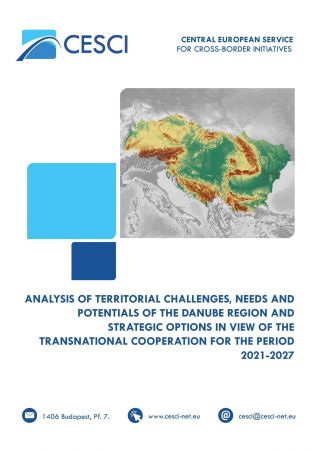
Analysis of territorial challenges, needs and potentials of the Danube Region and strategic options in view of the Transnational cooperation for the period 2021-2027
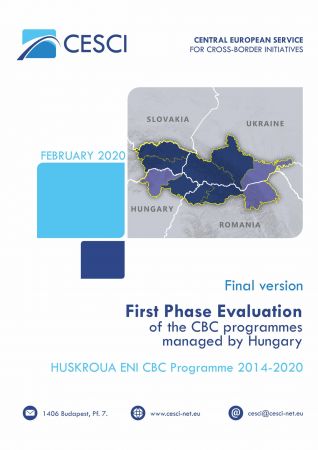
First Phase Evaluation of the Hungary-Slovakia-Romania-Ukraine ENI Cross-Border Cooperation Programme 2014-2020
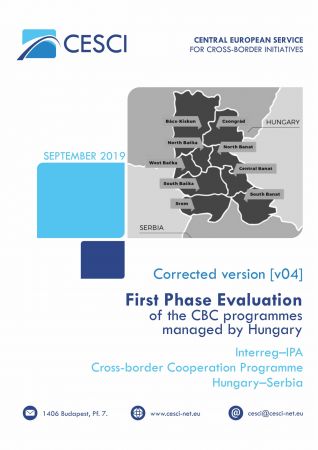
First Phase Evaluation of the INTERREG IPA Cross-border Cooperation Programme Hungary-Serbia
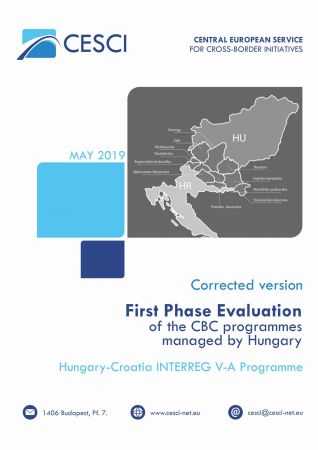
First Phase Evaluation of the INTERREG V-A Hungary-Croatia Programme (2014-2020)
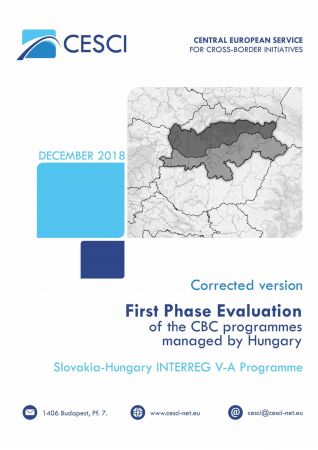
First Phase Evaluation of the INTERREG V-A Slovakia-Hungary Cooperation Programme (2014-2020)
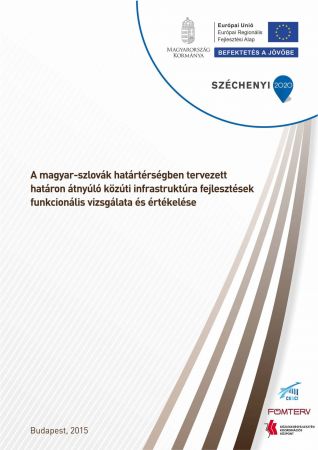
Functional analysis and evaluation of planned cross-border public road infrastructural developments in the Hungarian-Slovak border region (HU)
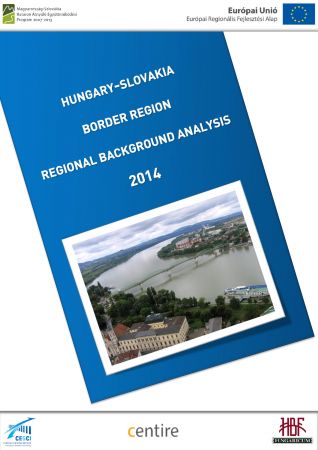
Preparation of the Slovakia-Hungary Cross-Border Cooperation Programme (2014-2020)
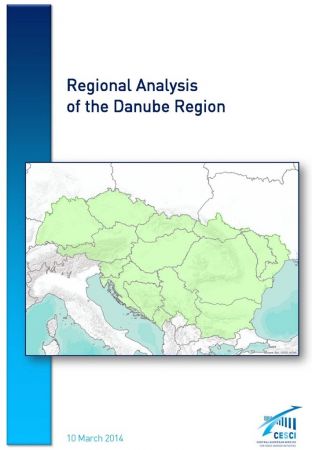
Regional analysis of the Danube Transnational Programme (INTERREG V-B)
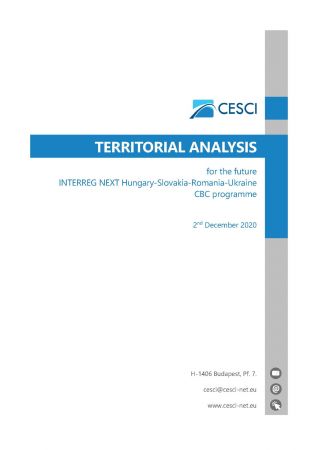
Territorial analysis for the future INTERREG NEXT Hungary-Slovakia-Romania-Ukraine CBC programme
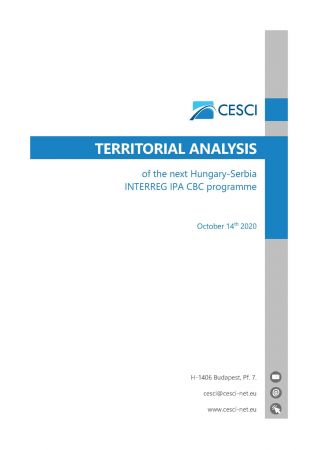
Territorial analysis of the next Hungary-Serbia INTERREG IPA CBC Programme
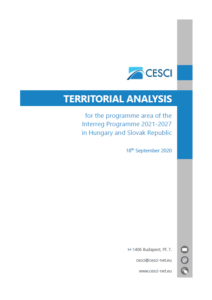
Territorial analysis of the programme area of the next Hungary-Slovakia Interreg CBC Programme
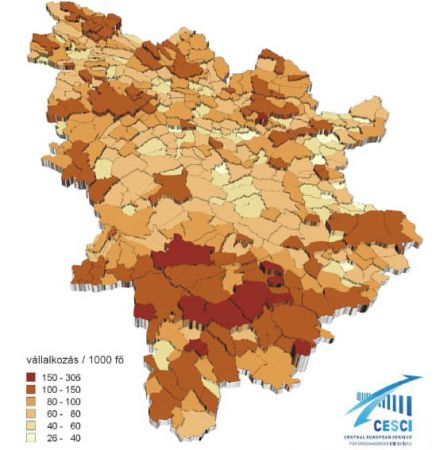
The strategic programme of cross-border cooperation in the Komárom-Esztergom region (HU)
OUR LATEST NEWS IN THIS FIELD

CESCI prepared the urban development concept for Šahy

CESCI to prepare the development concept of Šahy

Conference on cross-border spatial monitoring

A Hungarian-Slovenian economic and development agreement has been signed
